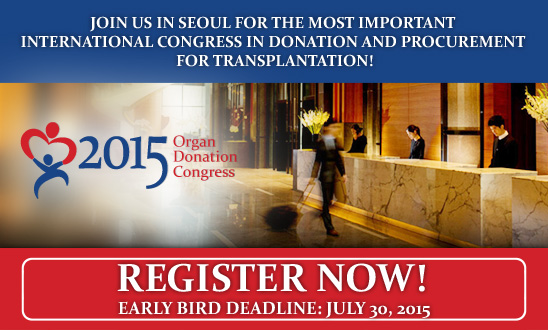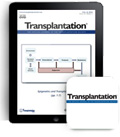| |
| |

|
|
| |
|

Donation after cardiac death remains illegal in some countries while others, such as the Netherlands, have utilized the practice extensively. Worldwide, many people believe that DCD could increase the overall number of donors and available organs. Using hearts for transplantation after cardiac death remains controversial, however, because it opens up the question of why heart function was successfully restored after transplantation, but resuscitation of the donor failed. Some view heart transplantation after DCD as a violation of the dead donor rule.
During the debate session of the ISODP, conference representatives of US pediatric DCD cases and Australian DCD adult cases will discuss details of the procedures and give advice on how programs for heart donation after cardiac death can be established. Intensive Care Specialist Steven Beed will focus on how death in general can be scientifically proven, and how the definition of death is independent of the leading cause or underlying disease.
|
|
Constrained by donor consent and detection issues, the need for organs exceeds the supply even with optimized programs for living donation. This scarcity has resulted in research focused on new methodology for developing cell cultures and advancing bioengineering technology. Axel Haverich will review the current state of these advances including their clinical applications. While xenotransplantation attracted a high level of interest two decades ago, the development lost momentum with the first evidence of animal-derived infections in humans. World–renowned expert Chung-Gu Park will discuss what is currently feasible in xenotransplantation and what needs further development. Two additional speakers will talk about what can be done to achieve better and more differentiated knowledge about the genetic pattern of donors to be matched with recipients, and how to improve decision-making regarding the allocation of organs.
See Our Full Preliminary Program
|
|
|
|
| |
|
 Read More
Read More
|
|
| |
PAEDIATRIC DECEASED DONATION |
The Ethics Committee of The Transplantation Society is proud to announce the publication of a report of the meeting on paediatric deceased donation held in Geneva in March 2014. The report in Transplantation outlines the key points of discussion during the interdisciplinary meeting, which explored the determination of death; the place of donation within end-of-life care; the role of families; ethical issues; and the allocation of organs from paediatric donors. The report highlights the importance of paediatric donation, and calls for more research, training, and development of guidelines to support best practice in paediatric donation.
Prof. Dominique Martin will be discussing the outcomes of this meeting at the ISODP congress. Don’t miss her talk!
|
|
|
|
| |
The National Palace Museum of Korea houses a magnificent collection of art and objects from the palaces of the Joseon Dynasty, representing the majesty and dignity of the 500-year history of the Joseon Dynasty. The Museum seeks to broaden public knowledge of the artistic and cultural legacy of the Joseon Dynasty by being active in research, exhibitions, and educational programs.
You can book the Seoul Highlight Tour and visit this treasure house!

Find Out More Here
|
|

Any foreign visitors wishing to enter the Republic of Korea must have a valid passport and citizens of some countries might need to obtain a Korean visa before coming. Do you know if you need a visa? Check the list of countries under visa exemption agreements, visa fees and more.
Learn More
|
|
|
|
|